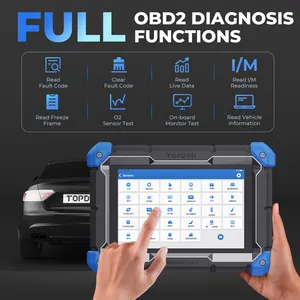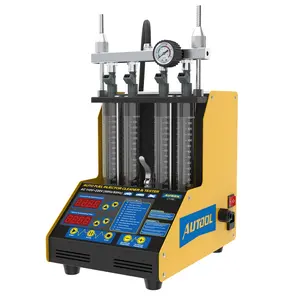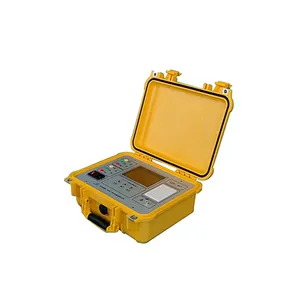Understanding Car Performance Testers
Within the automotive industry, car performance testers are essential for assessing various vehicle metrics. These devices are pivotal for ensuring vehicles operate at optimal performance levels. They are designed to evaluate a range of systems within a vehicle, from engine performance to braking efficiency.
Types and Applications
Car performance testers come in various models, each tailored to specific diagnostic needs. Some are intended for engine diagnostics, while others may focus on the braking system or emissions. Their applications span from professional automotive workshops to the hands of car enthusiasts who conduct their own vehicle maintenance.
Features and Materials
The construction of these testers often involves robust materials like iron and stainless steel, contributing to their durability and longevity. Modern car performance testers are equipped with LED displays for clear readouts and are powered electrically, ensuring reliable operation during diagnostic procedures.
Technological Advancements
Advancements in technology have enhanced the functionality of vehicle diagnostic tools. Many now come with software capable of updating and maintaining customer records across various devices. This integration with different operating systems exemplifies the versatility and adaptability of modern automotive diagnostic equipment.
Advantages of Using Car Performance Testers
The use of car diagnostic tools can lead to better maintenance of vehicles, potentially reducing the frequency and cost of repairs over time. By providing precise monitoring, these tools aid in the early detection of potential issues, allowing for timely intervention.
Selection Criteria
When choosing a car performance tester, it is important to consider the specific needs of the vehicle or machinery it will be used on. The market offers a wide array of testers, each with model-specific features designed to cater to various diagnostic requirements.





































 浙公网安备 33010002000092号
浙公网安备 33010002000092号 浙B2-20120091-4
浙B2-20120091-4